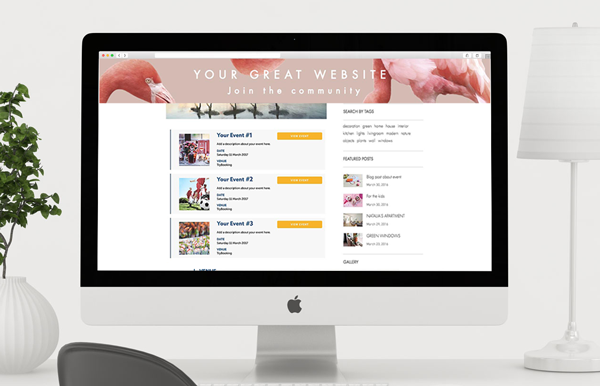At TryBooking we see thousands of events being run every week, and most are run very smoothly (especially from a ticketing point of view).
But just like every industry, we do hear about the occasional mishap. Some are minor and easy to shrug off... but some can be a little more serious.
It’s tempting to assume that your own event will proceed without incident. But it would be wiser still to say, “Never say never.”
This is where event insurance comes in. Having the right protection in place can help to reduce the impact should something unexpected occur.
We've consulted with the event insurance specialists at Webber Insurance to bring you the low-down on what types of event insurance may suit you, and what you'll need to consider.
1. Small Events
Covers events with 1,000 people or less, including events like birthday or engagement parties. It even covers weddings and events for people under 18, along with corporate events, fundraisers, festivals and more.
However, you should keep in mind that insurance for small events may have limitations around birthday parties for those aged 18-25, rallies and protests, and events with moving vehicles or boats.
Private organisations would be keen to know the small events insurance also covers corporate events. For most small organisations, small events insurance would be suitable for their needs.
2. Large events
Large event insurance is for events with over 1,000 people. Anyone interested in this level of insurance is organising events with hired entertainers, contractors or multiple parts – such as a major convention, or a music festival with several headline acts and attendance in the thousands.
Large event insurance also applies to you if you're running events such as cultural events, car shows, street parties and more.
At this level, event insurance covers things like public liability, which protects you if you are found to be legally responsible for personal injury or property damage to a third party.
It can also include event cancellation insurance (which includes cancellation due to perilous weather), personal accident insurance or volunteer insurance (if you or your volunteers become injured on the job), as well as on-hired equipment and property insurance.
While these categories are fairly specific, it’s important to remember that event coverage is specific to your own needs. That’s why it’s important to speak with a professional about why your needs are to make sure you get the coverage you need, and aren’t missing out on insurance that could protect you in the event of an incident.
Here's to protecting your event,
The TryBooking Team



















